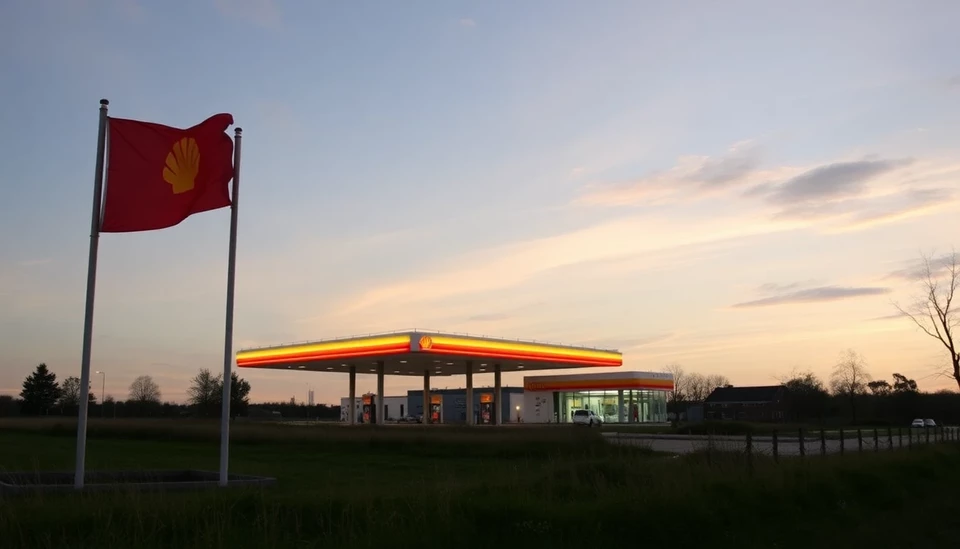
In a pivotal development for corporate environmental responsibility, Shell's recent legal victory over mandated emission cuts is now under scrutiny by the Dutch Supreme Court. The ruling previously allowed the energy giant to circumvent stricter carbon reduction targets, a decision that has ignited a fierce debate over the role of large corporations in combating climate change. Environmental groups and activists are rallying, aiming to overturn this ruling and reinforce the imperative for significant emissions reductions across the industry.
Shell had initially triumphed in local courts, where it was determined that the company's strategy for reducing carbon emissions was sufficiently robust. However, this victory is being contested by several environmental advocacy groups, which argue that Shell's current plans fall short of what is necessary to meet international climate goals. They assert that the ruling fundamentally undermines efforts to combat global warming, particularly in the wake of growing scientific consensus on the urgent need for immediate and substantial action against climate change.
The Supreme Court's impending decision is poised to have far-reaching implications, not only for Shell but also for other corporations navigating the complexities of climate accountability. Activists are hopeful that a ruling in their favor would establish a precedent demanding that companies adhere to more stringent environmental responsibilities, pushing them towards more radical transformations in their operations and business models.
This case underscores a broader trend in environmental legislation and corporate governance, as the world grapples with the consequences of climate change. The outcome of this legal battle could serve as a bellwether for future corporate climate litigation, influencing how businesses approach sustainability and their role in a warming world.
As the Supreme Court prepares to hear this crucial case, stakeholders across industries are anxious to see whether legal frameworks will support or hinder corporate accountability in the climate crisis. The ramifications for both the environment and corporate governance could be significant, reshaping how energy firms manage their emissions and engage with global climate commitments.
With the situation evolving, many are keeping a close watch on the judiciary's stance towards corporate responsibility and environmental protection. The decision expected from the Dutch Supreme Court may not only redefine Shell's operational strategies but could potentially inspire similar challenges against other corporations lagging in their climate initiatives.
In conclusion, the upcoming decision by the Dutch Supreme Court stands as a crucial moment in the ongoing battle against climate change, testing the boundaries of corporate responsibility and legal compliance in achieving a sustainable future.
#Shell #ClimateChange #EmissionCuts #EnvironmentalJustice #DutchSupremeCourt
Author: Peter Collins




